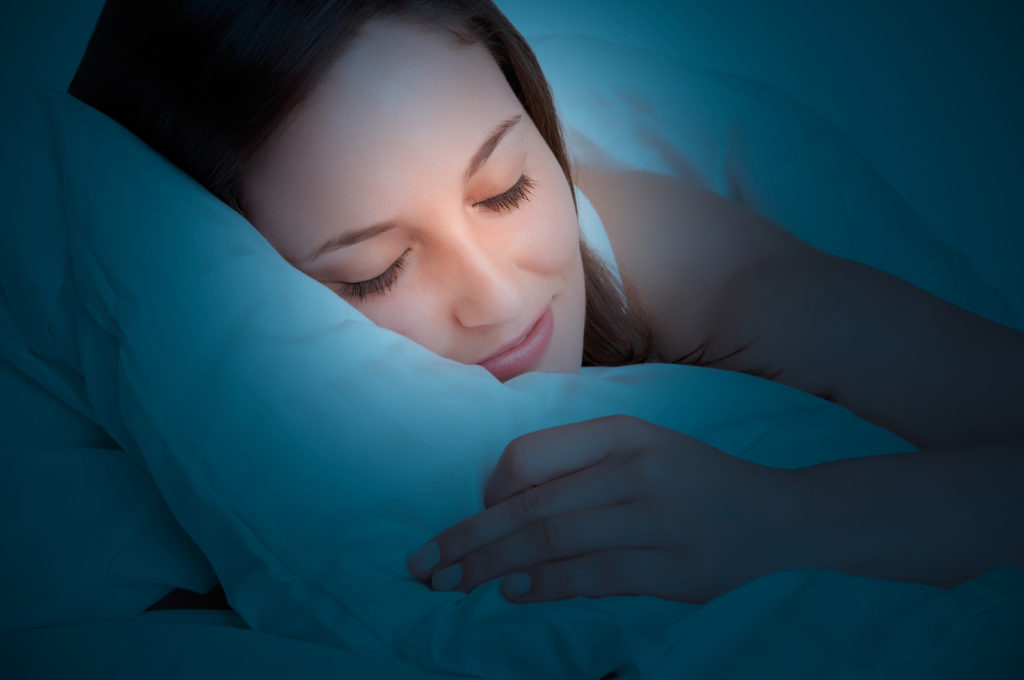Sleep Hygiene: Could Your Sleep Routines Use Some Sprucing Up?
Sleep is necessary to lead a waking life rich in health, energy, and productivity. You probably follow a variety of personal hygiene routines to keep your body clean, healthy, and fresh each day. The same is needed for quality sleep, and to get refreshing, quality sleep each night you should also be putting effort into your sleep hygiene.
If you find that you often awake feeling unrefreshed or cannot seem to get enough quality sleep to sustain your energy levels during the day, then your sleep hygiene and habits could be hindering your sleep efforts.
What is Sleep Hygiene?
Sleep hygiene is not only about cleanliness, but also requires healthy routines and habits. According to the National Sleep Foundation, sleep hygiene is comprised of different practices that help promote good sleep and enable you to function with optimal alertness and energy during the daytime.
Why is Sleep Hygiene Important?
Developing good sleep habits is a great practice for both children and adults. When you develop a good sleep routine that works well for your body and your life, you are able to regularly enjoy higher quality sleep. Additionally, good sleep habits contribute to better overall mental and physical health and practicing good sleep hygiene can also help prevent sleep disorders and other health issues.
Tips for Good Sleep Hygiene and Restful Nights
To maintain good sleep hygiene, it is important that you develop healthy habits and keep your same sleep routine each night of the week. Adults need seven to nine hours of sleep each night to fully rest and rejuvenate for the next day. You are able to enjoy more regular and peaceful sleep if you go to bed and wake up around the same time each day.
Here are some other great tips recommended by the National Sleep Foundation and the American Sleep Association to help you spruce up your sleep hygiene, and get the sleep you need to stay healthy:
- Create a peaceful, quiet bedroom environment.
- Sleep on clean, comfortable linens.
- Only use your bed for sleep and sex.
- Develop a relaxation routine that you do each night before bedtime.
- Avoid eating a large meal too close to bedtime, and aim to allow your body at least 3 hours between your evening meal and sleep.
- Avoid taking naps during the daytime.
- Avoid caffeine, nicotine, and alcohol before bedtime.
- Exercise regularly, and complete your workout by 2PM.
- Hide or cover your clock.
Poor Sleep Hygiene and Sleep Disorders
If you experience frequent sleep issues or disruptions despite implementing a healthy sleep routine into your life, then you may be suffering from an underlying health problem or a sleep disorder. If you have trouble falling asleep, staying asleep, or wake up still tired and listless several times a week, over the course of three months or more, then you could be suffering from a sleep issue. Consulting a professional sleep expert can help you determine if you should participate in a sleep study to help investigate and diagnose your symptoms. Identifying a sleep disorder is the first step to understanding your sleep issues and with treatment you can begin reclaiming your rest at night.


